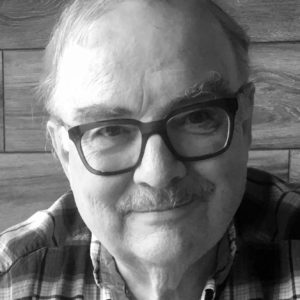Francis J. Bremer, professor emeritus, Millersville University, author and coordinator, New England Beginnings
Puritans and Pilgrims–What’s the Difference?
Who were the Pilgrims, and if they were different from the puritans, then how were they distinct? Did the puritans see America as a city on a hill that would be a model for all the world? What did the puritans see as their obligation to the broader society? How did congregational church government contribute to democracy? Why did the puritans care so much about education?
Almost a hundred years ago the distinguished Harvard historian wrote an essay on “Those Misunderstood Puritans” in which he bemoaned that despite the extensive programs tied to the 1930 Tercentenary of the founding of Massachusetts the old Victorian stereotypes of New England puritans founding fathers still held their grip on the public. Decades later, as we approach the four hundredth anniversary of the arrival of the Mayflower in 1620 and the Arbella in 1630, the situation is little changed. Decades of historical and literary scholarship had failed to dislodge the stereotype of the early colonists as repressed, bigoted killjoys with little fashion sense who persecuted dissenters and executed witches. We will draw on that scholarship to answer these basic questions about the English men and women who first settled the region and explore why the old stereotypes persist.

Dr. Francis J. Bremer (francis.bremer@millersville.edu, newenglandbeginnings.org) is Professor and Chair of the History Department at Millersville University of Pennsylvania. He has published thirteen books and numerous essays, most dealing with puritanism in Old and New England. His 2003 study of John Winthrop: America’s Forgotten Founding Father (Oxford) was awarded the John C. Pollock Prize for Christian Biography and an Outstanding Book citation from the Colonial Dames of America. Puritans and Puritanism in Europe and America (ABC-CLIO, 2005) was cited as “Outstanding Academic Book of the Year” by Choice magazine.
